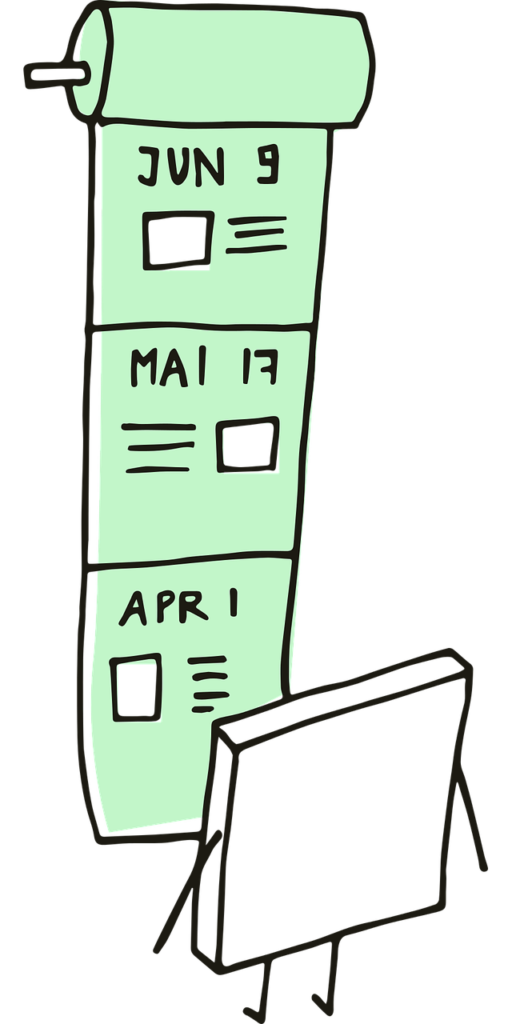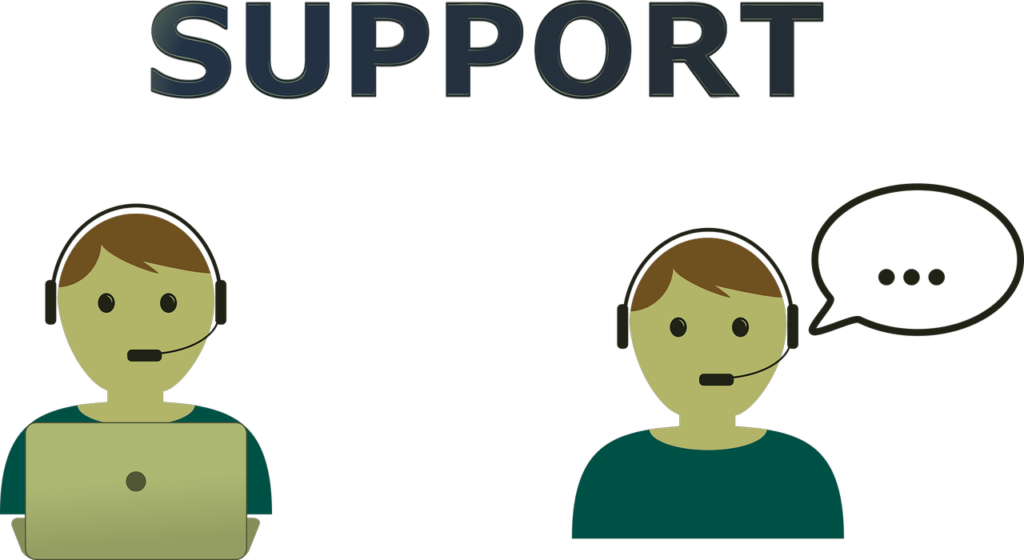Well done for getting that new job! Time to think about how you’ll come out shining during the first three months or in your probationary period.
Why do the first 100 days matter?
Your new employer will be looking to make sure that they made the right choice and investment by hiring you. And you will be looking to demonstrate that they did. You may also be keen to use the time to get a feel for the job especially if it is your first role or it’s a new area of work for work

What to expect in the first 100 days
- Change. Whether you have joined a new organisation or have been promoted from within your company, expect change in your new role. There may be a new office, location, and even dress code. You may encounter new faces, equipment, responsibilities, expectations, culture at work, etc.
- Uncertainty. With change comes uncertainty. You may face a lot of it or just a little, but it is best to expect it. Be aware that this uncertainty might affect your productivity.
- Eyes on you. Expect to be closely ‘watched’ during your first 100 days. It’s only natural – your employer and staff members are curious about you and your abilities. They will be keen to see you and your work.
- Some office/work politics. If you’ll be working with machines, you might escape office politics. But the likelihood is you will be working with other people and there in lies the potential for office politics that you will need to understand and navigate.
- An induction. Most proper organisations will have an orientation programme for its new staff members. It is usually done on the first day but I have seen some employers do it before the official start date or a few days into the job. The purpose is to introduce to the company, staff and ways of working.

How to survive and ace your first 100 days in a new job
- Manage expectations
- Ask for support and information
- Deliver results…early
- Ask for feedback…early
- Manage any anxiety
- Enjoy your new job
Manage expectations
Your expectations. Check and manage your own expectations. What is it you are expecting from and for yourself in the first 100 days? Of course you do want to impress your new employer or team, but be careful not to set yourself up for failure by aiming to do it everything all at once. Have a plan. For example, expect your productivity to be affected at first as you understand the lay of the land. Think through how you will increase your results bit by bit to get to where you want them to be.
Your employer’s expectations. Check and manage the expectations that your new employer or team have of you. They may or may not be realistic. Do negotiate if they are unrealistic. This may be especially necessary if you are on a probation period as these expectations will be used to assess your performance and determine whether or not you will be confirmed into the position.
Ask for support/information
It would be a little folly to assume you have or know all about your new role or company. Identify the resources you need to help you deliver your new responsibilities. These could be practical things like an office, a phone, a laptop, customer contacts, sales pitch, information and so on. You will also need more technical things like understanding the policies and laws relevant to your job.
In certain companies a lot of this crucial information will be given during the orientation period or in the orientation pack. Do ask if this is not the case. Also do ask for support when you need it.

Some people find it difficult to ask for help when they start a new job because they worry this might make them appear incompetent. But from my own experience of starting a new roles and of managing new starters, it is best to ask for it especially at the start of your employment. Your employer expects you to and they may actually be a little concerned if you are just carrying on.
Deliver results…early
You were hired for a reason! So start showing some results as early as possible, and keep building on these as you go along! I have known sales staff who have had stiff targets to meet from day one… So no excuses for not delivering early results!

Delivering results early and incrementally reassures the organisation that you were a worthy choice as it gives them an early return on investing in you…however small that may be at the start. Early delivery also lets your managers know they can trust you and your abilities, this could mean they do not need to micro manage you! Don’t we all hate micromanagement?!
Ask for feedback…early
Getting feedback about your work and performance is the best way to know how you are doing in your job. Don’t wait till your first three months or probation period is over to get feedback from your employer, manager and even customers/colleagues.
Aim to get feedback as early as possible about where you are doing well and where you could improve. Most managers will plan regular feedback sessions, but do request for them if these have not been planned. The idea is to optimise your value as early as possible, and you can only do so if you are meeting the expectations of your employers and customers. Feedback gives you a good understanding of these expectations.
Besides getting feedback, also do learn and practice how to give and receive feedback effectively. Sometimes your performance is hindered, and you need to feedback on this and other opportunities you see in the company for optimising results.

Manage your anxiety
The change and uncertainty that goes with starting a new job can cause anxiety for some people. That is absolutely normal but try to manage it so that it doesn’t get in the way of proving your abilities in this crucial initial or probationary period.
Some practical tips for managing the jitters may include, prepping adequately for your new job, negotiating expectations, appreciating that it may take some time before getting used to the new role, setting clear goals, getting a mentor, asking for support from your employer/manager, etc.

For those with an anxiety diagnosis, a new job could spike it. Keep up with your medication if you are on a prescription or get some help from your practitioner about coping strategies. Some of these may include meditation and others suggested by the NHS
Enjoy your new job
You nailed the interview and now you are in your new role, so now enjoy it from the start! Be confident, make yourself and your results visible, connect with colleagues, innovate and create, own your role and space in the organisation, etc.
Lastly, celebrate your wins…both big and small! Appreciating yourself can be greatly motivating.


